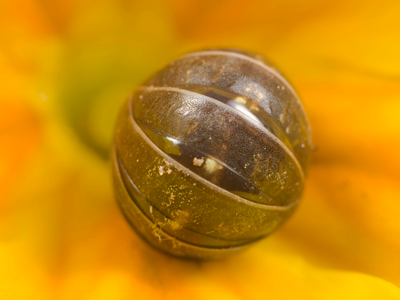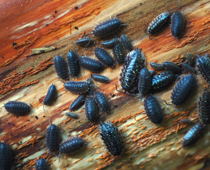
Investigating - Results Data
This quiz addresses the requirements of the National Curriculum KS1 Science for children aged 5 and 6 in years 1 and 2. Specifically this quiz is aimed at the section dealing with investigating and looking at results data.
Children in a class have been investigating where woodlice like to live. They worked in groups of four. They used choice chambers to investigate. The choice chambers were in four sections:
A - Empty
B - Wet
C - Dark
D - Leaves
The children used 20 woodlice each time. They counted how many woodlice were in each section. They repeated their experiment. Another word for results is data. This quiz is all about the data they got.
A - Empty - 11
B - Wet - 3
C - Dark - 2
D - Leaves - 2
They started with 20 woodlice. But their results only add up to 18. Why might this have happened?
A - Empty - 13
B - Wet - 3
C - Dark - 2
D - Leaves - 2
All the other groups found a lot more woodlice in the dark and among the leaves. Why might Katie’s group have got their results?
A - Empty - 2
B - Wet - 3
C - Dark - 7
D - Leaves - 8
What does Karen say about the results?
A - Empty - 10
B - Wet - 15
C - Dark - 35
D - Leaves - 60
There were 120 woodlice altogether. What fraction of the woodlice liked to be among the leaves?
Ready for more?
not all...
quizzers. Try to win a coveted spot on our Hall of Fame Page.

















